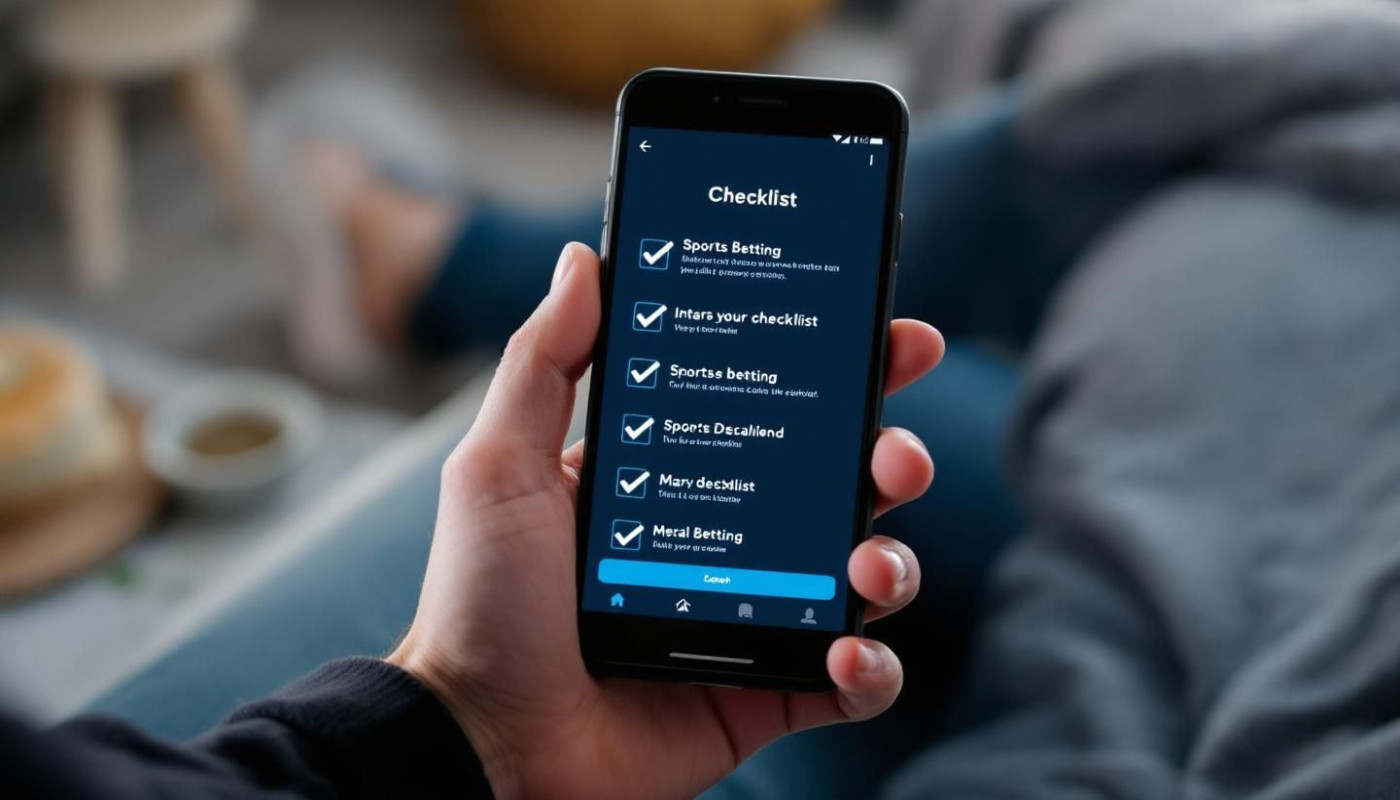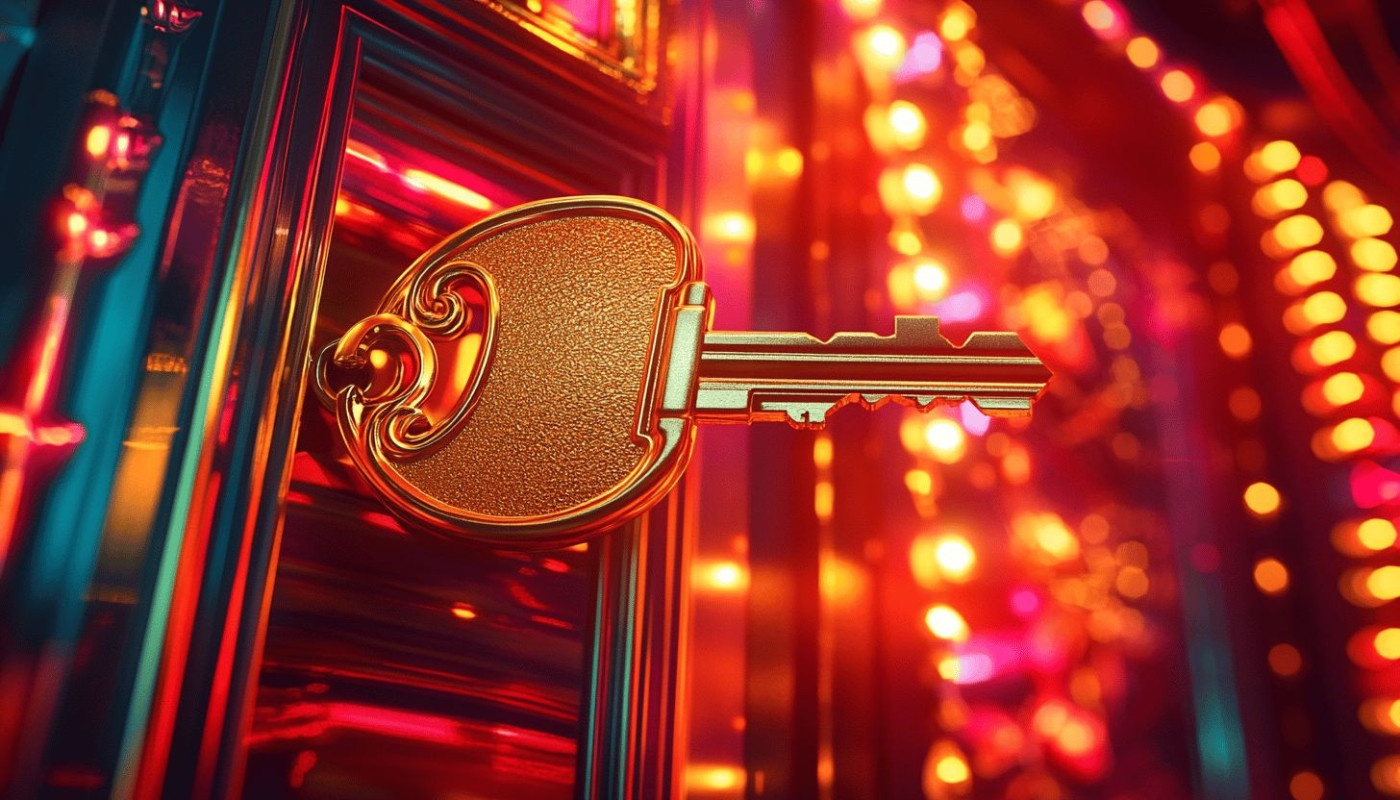Table of contents
Embarking on the journey of mastering the art of blackjack can be an exhilarating experience for those who are new to the world of casino gaming. This classic card game, known for its blend of skill and chance, invites players to go against the dealer in pursuit of the coveted '21'. While the glitz and glamour of the casino floor may be alluring, understanding the odds is key to making smart bets and maximizing your potential for success. The decisions you make at the blackjack table can greatly affect the outcome of the game. For beginners, grasping the basic strategies and learning how to navigate the odds can turn a game of luck into one of calculated risk. This introductory guide will provide the foundational knowledge needed to approach the blackjack table with confidence and a clear strategy. Join us as we delve into the nuances of blackjack betting, equipping you with the tools to make informed decisions that could tip the scales in your favor.
The Basics of Blackjack: Rules and Gameplay
For those new to the world of casino card games, acquiring a thorough understanding of blackjack rules is the stepping stone to success. The primary goal in blackjack is to beat the dealer by having a hand value closer to 21 than the dealer's hand, without exceeding 21. Each card contributes to the hand value: cards 2 through 10 are worth their face value, while jacks, queens, and kings are valued at 10. Aces can be worth either 1 or 11, depending on which is more advantageous for the player's hand.
Understanding how to play blackjack begins with the player placing a bet. The dealer then distributes two cards to each player and to themselves, with one of the dealer's cards typically facing up. Players must then decide whether to 'hit' and receive another card, or 'stand' and maintain their current hand. The term 'push' enters the lexicon when both the player and the dealer have hands of the same value, resulting in a tie without any exchange of winnings or losses.
A smart blackjack strategy involves not only knowing the blackjack card values but also when to hit, stand, or take other actions such as 'splitting' or 'doubling down.' As you grow more comfortable with blackjack rules, these decisions will become second nature. However, even the most experienced players recognize that the house always has an edge, which is why some look for additional ways to increase their chances. Promotions like 'get casino bonus now' can offer players extra funds to play with, which could be beneficial when applied alongside a strong blackjack strategy.
Counting the Odds: Understanding Probability in Blackjack
In the realm of blackjack, grasping the concept of probability is a pivotal factor in making informed betting decisions. The house edge, a term familiar to any seasoned gambler, is the statistical advantage that the casino holds over players. It's the subtle mechanic that ensures a casino profits in the long-term. Understanding the intricacies of the house edge is vital for any player aiming to increase their chances of winning at blackjack. A key component in reducing this edge is the art of card counting, a strategy that, when employed effectively, shifts the odds marginally in favor of the player by keeping track of the high and low-value cards dealt throughout the game.
Another aspect to consider is the probability of busting, which is contingent on the current value of your hand; the closer the total is to 21, the higher the risk of going over with an additional card. Familiarizing oneself with the risks associated with certain card combinations can significantly affect the outcome of your game. Expert players analyze these probabilities to determine the most advantageous moments to hit, stand, double down, or split pairs.
Incorporating technical terms from the blackjack lexicon, such as "expected value," into your strategic arsenal can further refine your approach. Expected value is a calculation that represents the average amount one can expect to win or lose per bet placed, based on the probability of various outcomes. Players who master the calculation of expected value in conjunction with blackjack odds are typically more adept at making smart bets and maximizing their chances of leaving the table as a winner. With these blackjack tips rooted in the mathematics of gaming, even beginners can step up their game and challenge the house edge with newfound confidence.
Strategic Movements: When to Hit, Stand, Split, or Double Down
Mastering blackjack involves understanding the optimal strategic movements for various scenarios on the table. These decisions are guided by what is known as the 'blackjack basic strategy,' which provides a framework for when to hit, stand, split pairs, or double down. A 'hit' implies requesting another card, while 'standing' means holding your total and ending your turn. When faced with a pair, players have the option to 'split,' creating two separate hands, each with its own wager. 'Doubling down' in blackjack means doubling your initial bet and receiving just one more card.
When deciding whether to hit or stand, it is vital to consider the dealer's visible card. For instance, if the dealer shows a card from two through six, they are more likely to bust, suggesting that players should stand on a lower total. Conversely, if the dealer's card is seven or higher, it is advisable to hit until your hand totals at least 17. In terms of splitting pairs, conventional wisdom suggests that one should always split aces and eights, while avoiding splitting tens and face cards. As for doubling down, this aggressive strategy is best employed when holding a total of 10 or 11, particularly if the dealer's card is lower.
Understanding the concept of 'soft hand' versus 'hard hand' is pivotal in these strategic decisions. A soft hand includes an Ace counted as 11, which means the hand will not bust by taking an additional card. Conversely, a hard hand does not include an Ace or has the Ace valued at 1, making it riskier to hit. For instance, with a soft hand, one might be more liberal in hitting or doubling down, knowing there's a safety net against busting.
Gleaning insights from a seasoned blackjack strategy coach or an experienced player can immensely enhance your grasp of when to hit in blackjack or when to stand. Such expertise can dissect the nuances of splitting pairs and doubling down, ensuring you make calculated decisions that increase your chances of success at the blackjack table. Remember, while learning the basic strategy is key, the adaptability to the game's flow and remaining aware of the dealer's potential hand are also integral to making smart bets.
Bankroll Management: Betting Wisely and Avoiding Common Pitfalls
Effective bankroll management is the backbone of any successful blackjack strategy. Mastering blackjack bankroll management can mean the difference between a thrilling victory and a precipitous loss. To begin, setting betting limits for oneself is pivotal; this entails predetermining the maximum amount you are willing to wager in a session. It's inadvisable to exceed these self-imposed limits as it can lead to a spiral of chasing losses, a common blunder among gamblers. The psychology of gambling is such that emotions can cloud judgment, prompting decisions that are not based on rational thinking or pre-set strategies. Maintaining gambling discipline is, without a doubt, a test of one’s emotional fortitude, especially during a losing streak. Smart betting involves recognizing the danger signs of when you're entering 'tilt'—a technical term in gambling that denotes a state where emotions, rather than logic, dictate your betting decisions. To avoid blackjack mistakes, one should always approach the table with a clear mind and a firm understanding of the game's strategy. A seasoned financial manager in the gambling industry, or a gambler celebrated for their judicious betting record, would likely highlight these considerations as paramount in safeguarding your bankroll and ensuring a more enjoyable and potentially profitable blackjack experience.
Advanced Techniques: Moving Beyond Basic Strategy
Once you have a firm grasp on the foundational elements of playing blackjack and are consistently applying basic strategy, you might find yourself eager to delve into advanced blackjack strategies to further refine your game. Seasoned players often turn to card counting techniques, a method that involves tracking the ratio of high to low cards left in the deck. This practice can inform decision-making and bet sizing by determining the "true count," a more accurate measure of how favorable the deck is. While mastering card counting is a significant milestone, it's not without its challenges and risks, including the increased attention from casino security.
Another sophisticated tool in the arsenal is shuffle tracking, a strategy that assumes that identified card clusters are not always dispersed evenly during shuffling. Skilled players use this knowledge to predict which sections of the deck are advantageous to them, although it demands a keen eye and swift cognition. There's also a range of blackjack betting systems to explore, such as the Martingale or Fibonacci, which dictate how to adjust your bets based on previous outcomes. However, it's paramount to recognize that no betting system can overcome the house edge in the long run. The allure of these advanced tactics is undeniable, but they necessitate rigorous practice and come with a heightened level of risk that should be carefully weighed. Before attempting to implement these complex strategies in a live casino environment, one should be thoroughly versed in their mechanics and limitations. Mastering blackjack to this degree is a challenging journey, but for the dedicated player, it can be a rewarding one.
Similar

Avoiding Scams In Sports Betting: An 8-step Verification Method

Exploring The Benefits Of Welcome Bonuses In Online Casinos

Exploring The Advantages Of Leading International Betting Platforms

Mastering Plinko: Effective Strategies And Budget Management Tips

Exploring The Thrill Of Road-Crossing Casino Games And Their Big Winnings

How Peer-to-peer Betting Exchanges Are Reshaping Online Gambling

Exploring Alternative Access Options For Online Sports Betting Platforms

Exploring Free Online Slots: Benefits And Strategies

Exploring The Rise Of Low Deposit Options In Canadian Online Casinos

